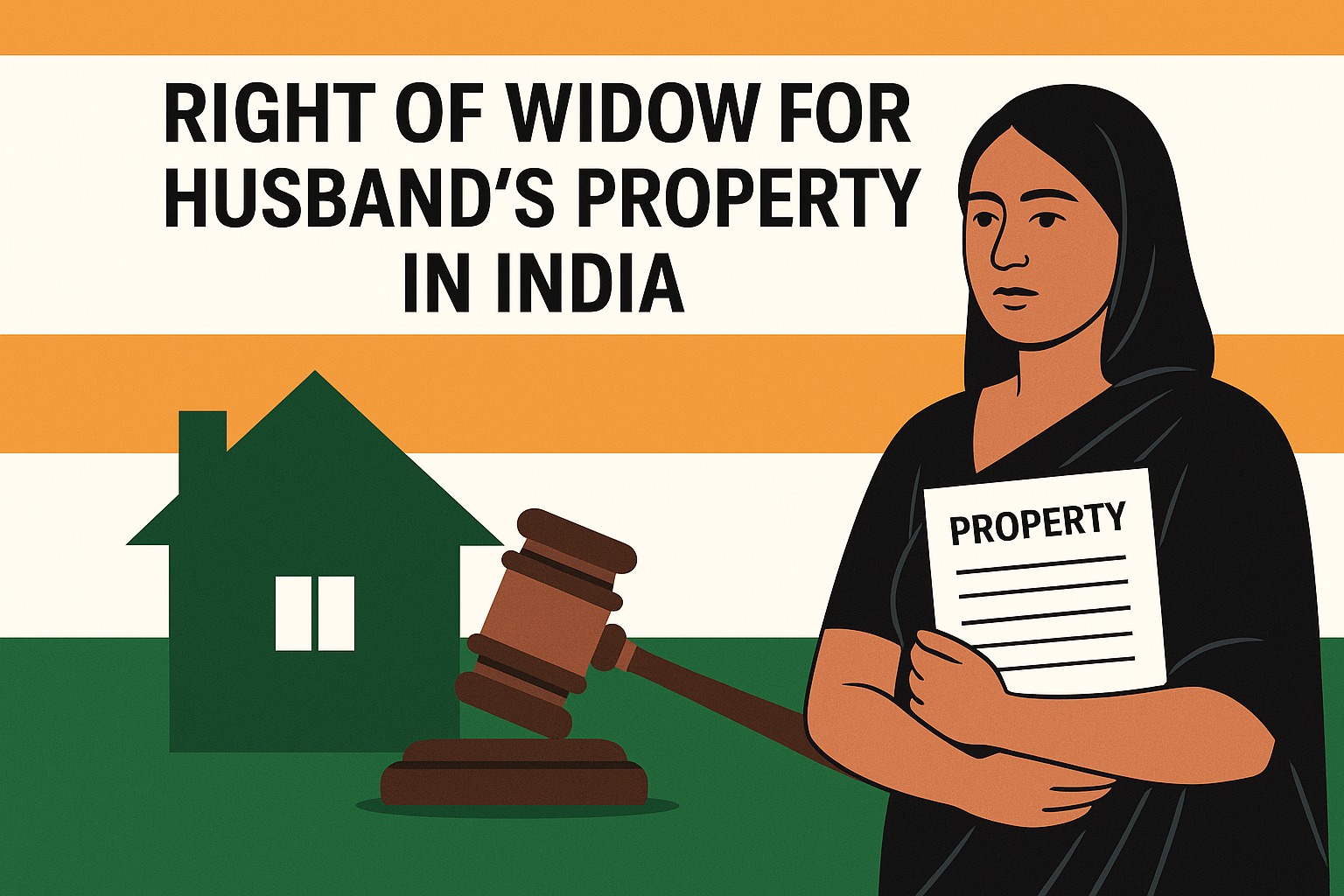@JUDGMENTTAG-ORDER
In C.A. No. 7028/2002
1. The appellant (hereinafter referred to as the ''Assessee'') carrying the business of, inter alia, importing and exporting shawls and scarves and also trading therein. The appellant has been importing shawls and scarves from Nepal. On this import, the Department has held him liable for payment of additional duty (also known as countervailing duty) imposed under Section 3 of the Customs Tariff Act. In respect of the aforesaid shawls and scarves imported by it, the appellant resisted the additional duty on the ground that locally manufactured/produced goods of similar nature, namely, shawls and scarves are exempted from payment of excise duty on unbranded goods and when similar unbranded goods produced in India do not incur any liability of payment of excise duty, there is no question of payment of additional duty under Section 3 of the Customs Tariff Act. The authorities below have not accepted the submission of the appellant following the judgment of this Court in Vijay Pratap Rai Mehta v. Union of India, 1992 (59) E.L.T. 382 (Bom.) which in turn had followed M/s Khandelwal Material & Engineering Works & Anr. v. Union of India & Ors. (1985) 3 SCC 620 = 1985 (20) E.L.T. 222 (S.C.).
2. The judgment of this Court in M/s. Khandelwal Material & Engineering Works & Anr. was referred to the Constitution Bench of this Court in the case of Hyderabad Industries Limited v. UOI (1999) 5 SCC 15 = 1999 (108) E.L.T. 321 (S.C.) and the aforesaid aspect the Constitution Bench has over-ruled the view taken in Khandelwal''s on the aforesaid aspect. The relevant portion of the said judgment reads as under :
"6. Counsel for the appellants rely strongly on the ''Objects and Reasons'' of Section 3 of the Tariff Act in support of their contention that the said section is a charging section and imposes a countervailing duty. The Statement of Objects and Reasons says :
Clause 3 provides for the levy of additional duty on an imported article to counterbalance the excise duty leviable on the like article made indigenously, or on the indigenous raw materials, components or ingredients which go into the making of the like indigenous article. This provision corresponds to Section 2-A of the existing Act, and is necessary to safeguard the interests of the manufacturers in India.
This Statement lends prima facie support to the contention of the appellants but, in the absence of any ambiguity in the wording of Section 3(1), we cannot treat the additional duty referred to therein as countervailing duty. Nor, indeed, can we regard that provision as a charging section merely because the Statement says that Section 3 "provides for the levy". The Statement of Objects and Reasons errs in being common to sub-section (1) and (3) of Section 3. It is more apposite to sub-section (3) though, even there, it may not be correct to say that it is a charging provision. Sub-section (3) confers power on the Central Government, in public interest, to levy on any imported article "such additional duty as would counterbalance the excise duty leviable on any raw materials, components and ingredients of the same nature as, or similar to those, used in the production or manufacture of such article", whether on such article, duty is leviable under sub-section (1) or not. Since we are not concerned directly with sub-section (3), we will not pronounce upon its meaning and implications.
7. In this view of the matter, it is unnecessary to consider the various decisions cited at the Bar on the nature and connnotation of ''countervailing duty''. We are unable to accept the argument of the appellants that Section 3(1) of the Tariff Act is an independent, charging section or that, the ''additional duty'' which it speaks of is not a duty of customs but is a countervailing duty."
3. Even on first principle, the matter is crystal clear. The purpose of additional duty, also known as countervailing duty under Section 3, is to protect the domestic market from unhealthy competition. Once there is no excise duty on such goods produced domestically question of levying the additional duty in the form of giving such a protection does not arise at all. We, therefore, do not agree with the view taken by the authorities below and hold that the appellant is not liable to pay any additional duty under Section 3 of the Act. The order of the CEGAT dated 8-10-2001 is accordingly set aside. The appellant shall be entitled to refund additional duty filed in accordance with law.
In C.A. 8534/2003
4. In view of the order passed in C.A. No. 7028/2002 as aforementioned, Mr. Rajeev Virmani, learned senior counsel appearing for the appellant does not press this appeal and it is accordingly dismissed as not pressed.

